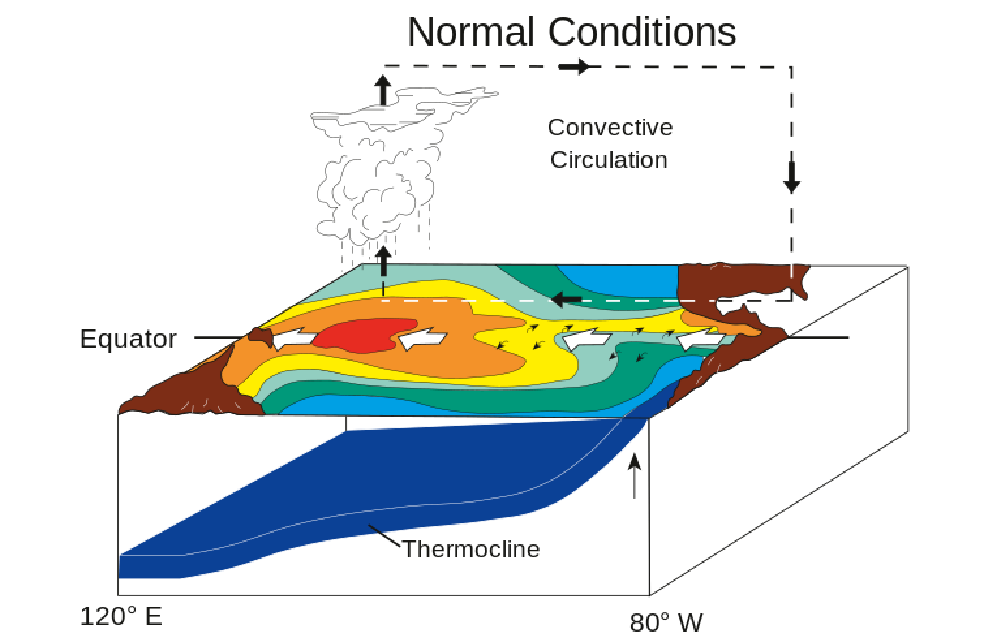China: Record-breaking temperatures and heavy rains in parts of China are causing significant damage to farm animals and crops, leading to concerns about food security in the world’s second-largest economy. The country is experiencing extreme weather patterns, with a heatwave hitting many regions earlier than last year.
Since March 2023, dozens of Chinese cities have seen record seasonal highs, and the heatwave has intensified in recent days, with temperatures exceeding 40 degrees Celsius (104 degrees Fahrenheit) in several cities in Yunnan and Sichuan provinces. According to the China Meteorological Administration, 578 national weather stations across the country have recorded their highest-ever temperatures for this time of year.
The looming El Niño, a natural phenomenon in the tropical Pacific Ocean that brings warmer-than-average temperatures, is further exacerbating concerns about food security. The El Niño could push global temperatures past 1.5 degrees Celsius above pre-industrial levels for the first time. The World Meteorological Organization has indicated an increased likelihood of El Niño developing later this year.

Last year’s severe heatwave and drought prompted Beijing to prioritize food security. Chinese leader Mr. Xi Jinping emphasized the importance of agriculture for national security, stating that “our bowls will be held in someone else’s hands” if agriculture is compromised. The government has taken measures to address food security issues, but the current extreme weather poses significant challenges.
The impact of the extreme weather extends beyond agriculture. The heatwave has affected a third of the world’s population and has resulted in at least 17 deaths and 60 hospitalizations from heatstroke. Power shortages have also been reported, as the increased demand for electricity to combat the heat has led to power outages in some areas.
The situation calls for continued monitoring and proactive measures to mitigate the effects of extreme weather on food production and ensure the stability of supply chains. As climate change continues to exacerbate weather patterns, addressing food security challenges becomes increasingly crucial for China’s future resilience and stability.



